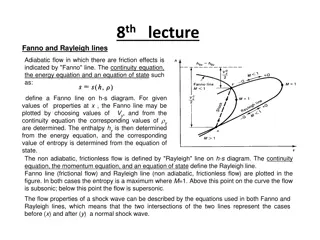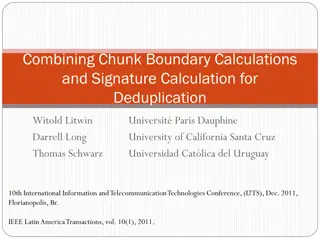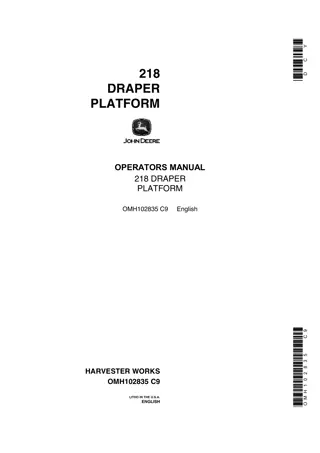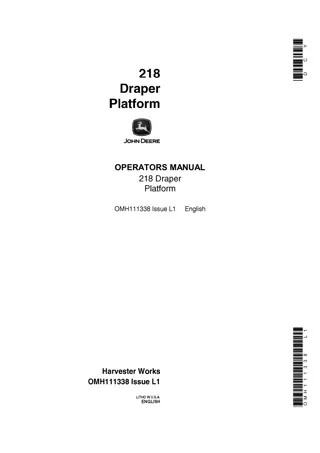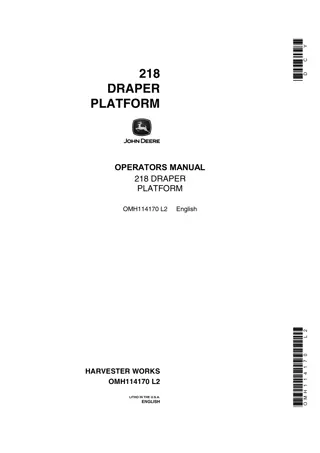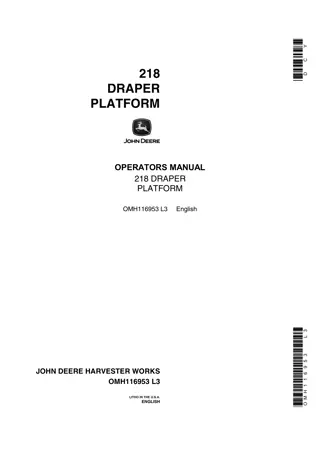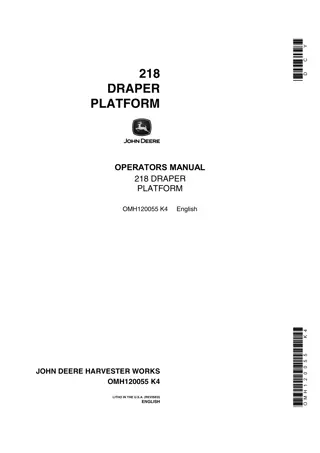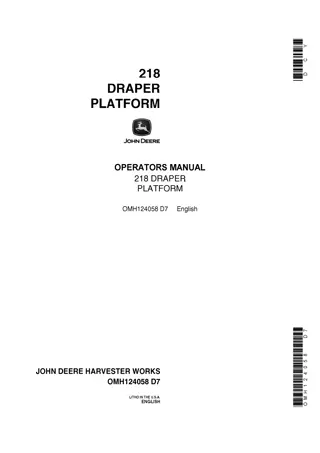Vocabulary and Functional Chunks in Aeneid Book IV Lines 160-218
Dive into the rich vocabulary and functional chunks found in lines 160-218 of Book IV of Virgil's epic poem, the Aeneid. Explore the depths of meaning behind words like "amens," "aspicis," and "fulmina," and unravel the layers of significance in phrases such as "cui licis arandum" and "fulsere ignes." Enhance your understanding of this classic text with insights into the nuances of language and expression.
Download Presentation

Please find below an Image/Link to download the presentation.
The content on the website is provided AS IS for your information and personal use only. It may not be sold, licensed, or shared on other websites without obtaining consent from the author. Download presentation by click this link. If you encounter any issues during the download, it is possible that the publisher has removed the file from their server.
E N D
Presentation Transcript
Vocabulary and Functional Chunks for Aeneid Book IV, lines 160-218
amens animi et rumore accensus amaro insane of mind and incensed by bitter rumor
aspicis haec do you see these
coniugium uocat, hoc praetexit nomine culpam she calls it marriage; she cloaks the fault with this name
cui litus arandum cuique loci leges dedimus to whom we gave a shore for plowing and to whom we gave the laws of the place Nota Bene: anaphora; gerundive arandum in acc expresses purpose
cui quot sunt corpore plumae, tot vigiles oculi subter (mirabile dictu) to whom there are as many feathers on the body, so many watching eyes beneath (marvelous to tell) Nota Bene: corpora is abl of respect; this tot is the first of 4, example of anaphora
cum fulmina torques nequiquam horremus when you twist your lightening do we shudder in vain
extemplo Libyae magnas it Fama per urbes immediately Rumor goes through the great cities of Libya Nota Bene: Rumor is personified
fulsere ignes et conscius aether conubiis summoque ulularunt vertice Nymphae fires and air flashed, accomplices to the marriage and the nymphs howled from the highest peak Nota Bene: ulularunt is syncopated ululaverunt; allegory here with the natural storm being compared to a wedding ceremony
gaudens, et pariter facta atque infecta canebat rejoicing, and was singing equally things having been done and undone
ille dies primus leti primusque malorum causa fuit that day was the first of death and the first cause of evils
immemores turpique cupidine captos forgetful of their kingdoms, having been seized with indecent desire
interea magno misceri murmure caelum incipit meanwhile, the sky begins to be mixed with a great murmur
malum qua non aliud velocius ullum which not any evil is more swift Nota Bene: velocius is comp adv
multa Iouem manibus supplex orasse supinis to have begged Jove many things as a suppliant with hands facing upwards Nota Bene: orasse is syncopated oravisse
nec dulci declinat lumina somno nor does she lay down her lights in sweet sleep
nec iam furtivum Dido meditatur amorem nor does Dido now consider it a secret love
neque enim specie famaue movetur for neither by appearance or fame is she moved
nos munera templis quippe tuis ferimus famamque fouemus inanem we of course bring gifts to your temples and cherish an empty rumor
nostris errans in finibus who wandering in our boundaries
nunc hiemem inter se luxu, quam longa, fovere regnorum now during winter however long they cherish among each other in luxury Nota Bene: fovere is syncopated foverunt
parva metu primo, mox sese attollit in auras ingrediturque solo et caput inter nubila condit first small on account of fear, soon she raises herself into the breezes and she steps on the ground and buries her head among the clouds
pedibus celerem et pernicibus alis swift in feet and with agile wings
per umbram stridens shrieking through the shades
speluncam Dido dux et Troianus eandem deveniunt Dido and the Trojan leader come down to the same cave Nota Bene: chiasmus
tam ficti pravique tenax quam nuntia veri so clinging a messenger of fiction and the perverse than of the truth
Tyrii comites passim et Troiana iuventus Dardaniusque nepos Veneris diversa per agros tecta metu petiere Tyrian comrades and Trojan youth and the Dardanian descendent of Venus in fear sought different roofs through the fields Nota Bene: tecta is synecdoche for shelter; petiere is syncopated petierunt
venisse Aenean Troiano sanguine cretum, cui se pulchra viro dignetur iungere Dido that Aeneas, sprung from Trojan blood had come, to whom as a man, beautiful Dido deemed to join herself Nota Bene: venisse is past inf in ind state
virisque adquirit eundo and acquires strength by going Nota Bene: eundo is gerundive in abl











